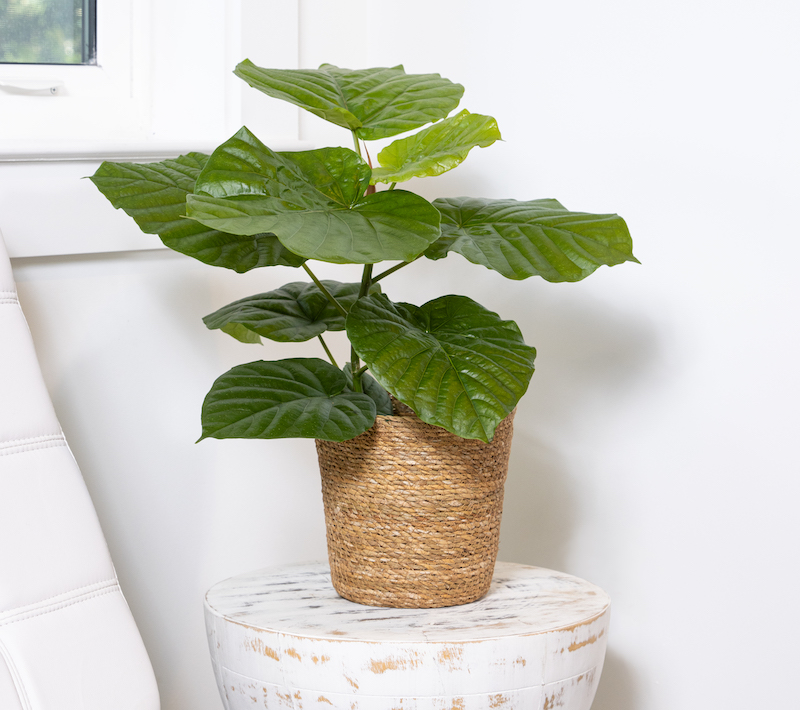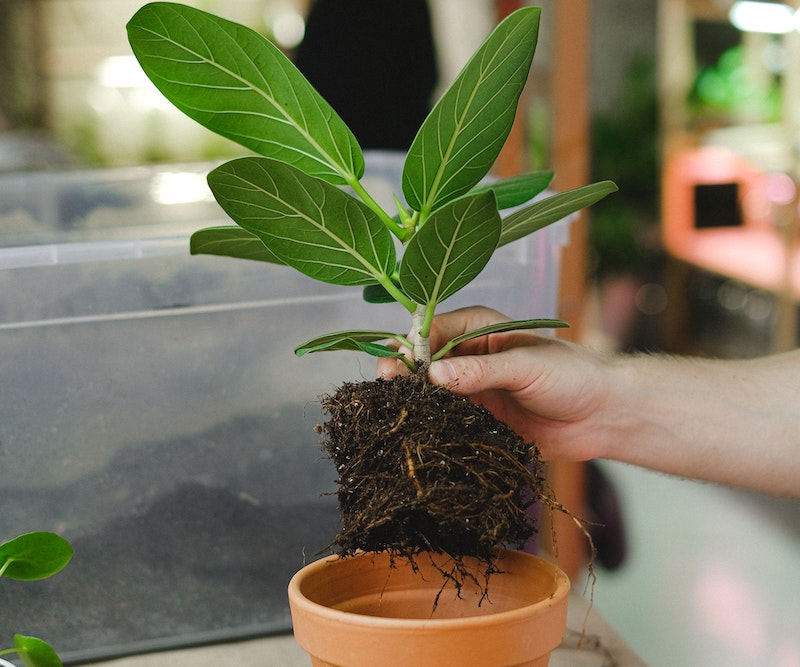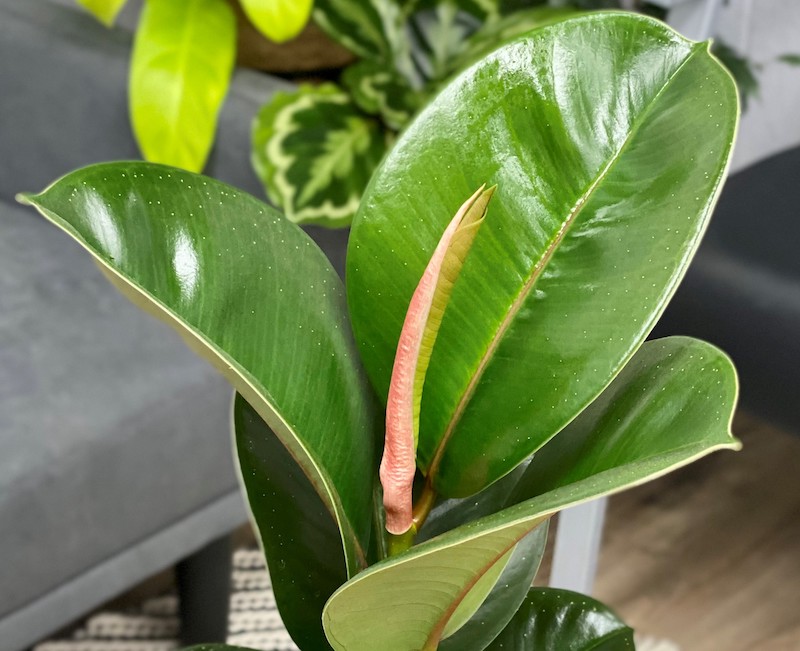Growing Ficus
Ficus houseplants have a reputation for being challenging, and most varieties are better suited for experienced growers. While some cultivars require more care and attention than others, Ficus houseplants are easy to maintain when you understand what they need. Ficus plants are all about foliage. These tropical trees typically feature broad leaves in various shades of green and yellow, and some leaves have a wavy texture and pronounced veining. Some ficus plants are small in stature and make lovely tabletop plants, while others make impressive floor plants that command ample space.

Ficus Sunlight Requirements
Bright indirect sunlight, and lots of it, is best for ficus plants. These plants crave light, and they will fail to thrive without enough. Ficus houseplants need at least 6 hours of light daily. Place ficus plants in a south-facing window and rotate the plant weekly, so each side receives an equal amount of light. Even light will help the plant to grow upright and push out new leaves on all sides.
Planting Ficus
Plant ficus in rich potting soil with medium moisture. The soil should promote drainage to avoid the risk of root rot. Ficus likes to be rootbound, so don’t be in a hurry to repot, and when it is time to repot, select a container that is only about one inch larger. Rootbound plants will grow slowly, so plan to repot every three years. Repotting is an excellent opportunity to use fresh soil with high organic content to support new growth.

Watering Ficus
The soil should be kept consistently damp when ficus plants are actively growing, usually during the spring and summer. Growth slows down during the winter, so scale back how often you water and wait until the top few inches of soil are dry before giving the plant a drink. Ficus plants love humidity, and this is possibly the most challenging part of maintaining these plants. These houseplants thrive in humid conditions, so unless you live in a naturally humid environment, you will probably need to use a pebble tray with water or a humidifier to make your ficus feel at home.
Fertilizing Ficus
Fertilizing ficus plants promotes new growth and helps them thrive. Feed your ficus a diluted, balanced, liquid fertilizer. Liquid fertilizer is beneficial because it can be given during routine watering, and the roots will have an easier time absorbing a diluted liquid. Feed ficus plants monthly when they are actively growing in the spring and summer. In the fall and winter, you can reduce feedings to once every 2-3 months as growth slows.
Common Ficus Problems
The foliage alerts you to different water-related issues. Yellowing, particularly near the tip of the leaves, indicates too much water, while curling or drooping foliage indicates not enough water. Browning around the edges of the leaves can indicate a lack of humidity. The plant is in distress by the time the leaves indicate an issue, so try to avoid getting to that point by paying attention to what the leaves are telling you. One variety, the Fiddle Leaf Fig, is prone to stress and may drop leaves upon changes to its environment. This cultivar does best when left alone, so if the plant is thriving, avoid moving it to a new location unless necessary.

Propagating Ficus
The best way to propagate ficus is through stem cuttings. Using clean shears, cut a branch that has two to three leaves. Place the cut end in water or soil. A rooting hormone will help cuttings grown in soil push out roots more quickly. The cutting should be placed in bright indirect sunlight. Roots should form in a few weeks. Cuttings propagated in water can be planted in soil when the roots are at least an inch long. Keep the soil damper than normal to help the new plant acclimate.
Growing Ficus Outdoors
Ficus enjoys warm temperatures and increased humidity, so it makes a wonderful outdoor plant. Most ficus varieties can be brought outside during the summer. Monitor the weather and make sure they are only left outside when the temperature permits. Ficus plants grown outdoors need bright indirect light, and direct sunlight may scorch the leaves. You may want to spray ficus plants living outdoors with horticultural oil, like neem oil, to ward off pests.
 |
Author Alison Cotsonas - Published 2-28-2023 |
